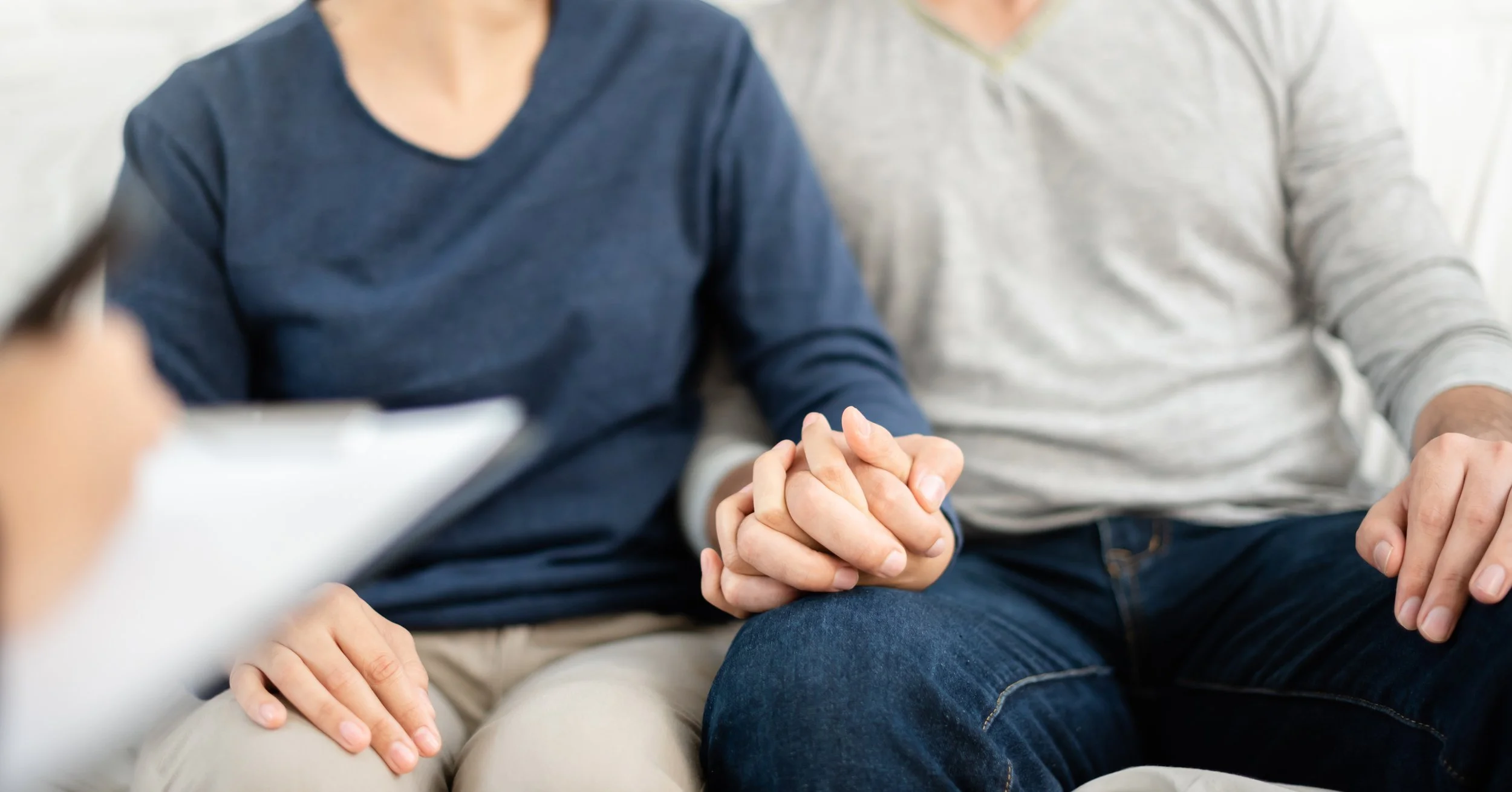Why Relationship or Couples Counselling Can Be a Game-Changer for Your Partnership
In any romantic relationship, it’s natural to encounter challenges. Whether you're dealing with communication breakdowns, trust issues, or the weight of everyday stress, relationship and couples counselling can offer transformative benefits. Unfortunately, many people avoid therapy, believing it’s only for relationships on the brink of collapse. But the truth is, counselling isn’t just about crisis management—it’s a proactive, empowering step toward building a healthier, more fulfilling connection.
Here are several compelling reasons why couples counselling might be one of the best investments you make in your relationship:
1. Improving Communication
Many relationship problems stem from poor communication. Partners may feel unheard, misunderstood, or dismissed, leading to resentment and emotional distance. In my role as counsellor I act as a neutral third party, helping both individuals express themselves clearly and listen empathetically. Working with me you will learn tools to communicate more effectively, resolve misunderstandings constructively, and feel genuinely seen and heard.
2. Breaking Negative Patterns
Over time, couples often fall into recurring arguments or unhelpful dynamics—like one partner withdrawing when upset while the other pursues a confrontation. Counselling helps you recognize these patterns and understand the underlying emotions driving them. By identifying triggers and habitual responses, you can begin to shift toward healthier ways of interacting.
3. Rebuilding Trust
Trust can be eroded by betrayals, secrecy, or even years of small disappointments. Rebuilding it requires honest dialogue, accountability, and time—all of which counselling can support. With my professional guidance, couples can address the pain, set new boundaries, and gradually rebuild the emotional safety that trust requires.
4. Enhancing Emotional Intimacy
Even without overt conflict, relationships can lose their spark. Work stress, parenting, or routine can lead to emotional disconnection. Counselling creates space to explore what each partner needs to feel loved and connected again. By nurturing emotional intimacy, you can reignite the closeness and affection that brought you together in the first place.
5. Strengthening Commitment and Understanding
Couples counselling is not about assigning blame; it’s about fostering mutual understanding. You’ll gain insight into each other’s perspectives, values, and histories, which can deepen empathy and reduce defensiveness. This understanding builds a stronger foundation of respect and commitment, helping partners weather life’s ups and downs together.
6. Preparing for Major Life Transitions
Whether you're moving in together, getting married, having a child, or facing retirement, major transitions can strain even the healthiest relationships. Counselling offers a safe space to align your goals, voice concerns, and adapt to change together rather than in isolation.
Final Thoughts
Relationship counselling isn’t a sign of failure—it’s a sign of commitment. Seeking help shows that you value the relationship enough to work on it intentionally. Just as you’d see a doctor for physical health or a coach for personal development, a therapist can help your relationship thrive. If you’re feeling stuck, disconnected, or simply want to grow closer, consider giving counselling a try. The process might not always be easy, but the rewards—a stronger, more connected, and resilient partnership—are well worth the effort.

